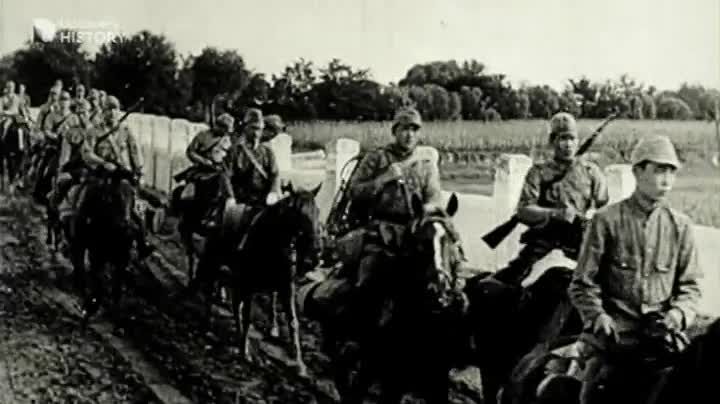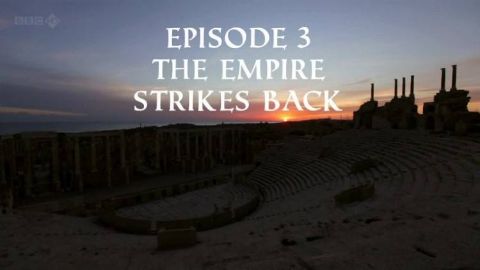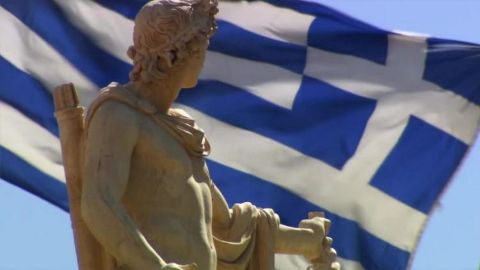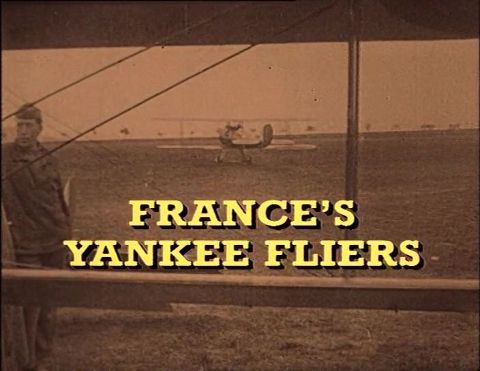Visualizing Atomic Deaths • 2017
Many people believe the Hiroshima atomic bomb instantly incinerated nearly everyone in the Japanese city. That was true at ground zero, but not everywhere. Hiroshima government officials have been tirelessly collecting records on those killed to find out how they died. Using this "big data", NHK created a visualization of the movements of the 557,000 victims of the 6th August 1945 attack. Some did indeed perish instantly. Others burned to death in collapsed buildings. But what about the people who died in a strange "donut zone of death" days after the bombing and in areas more than 2 kilometers from ground zero? This documentary goes beyond big data to provide heart-rending accounts from people close to victims and survivors, revealing the true story of what happened on that dark day more than 70 years ago.
Make a donation
Buy a brother a hot coffee? Or a cold beer?
Hope you're finding these documentaries fascinating and eye-opening. It's just me, working hard behind the scenes to bring you this enriching content.
Running and maintaining a website like this takes time and resources. That's why I'm reaching out to you. If you appreciate what I do and would like to support my efforts, would you consider "buying me a coffee"?
Donation addresses
BTC: bc1q8ldskxh4x9qnddhcrgcun8rtvddeldm2a07r2v
ETH: 0x5CCAAA1afc5c5D814129d99277dDb5A979672116
With your donation through , you can show your appreciation and help me keep this project going. Every contribution, no matter how small, makes a significant impact. It goes directly towards covering server costs.





